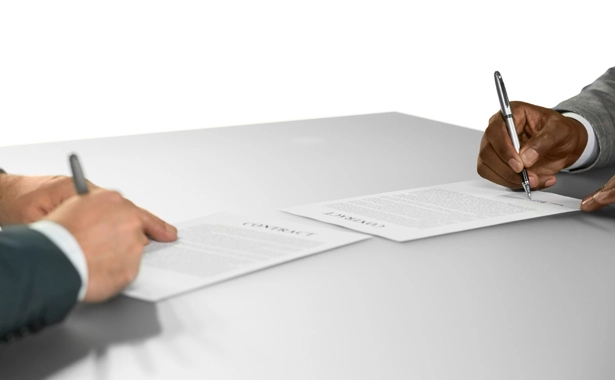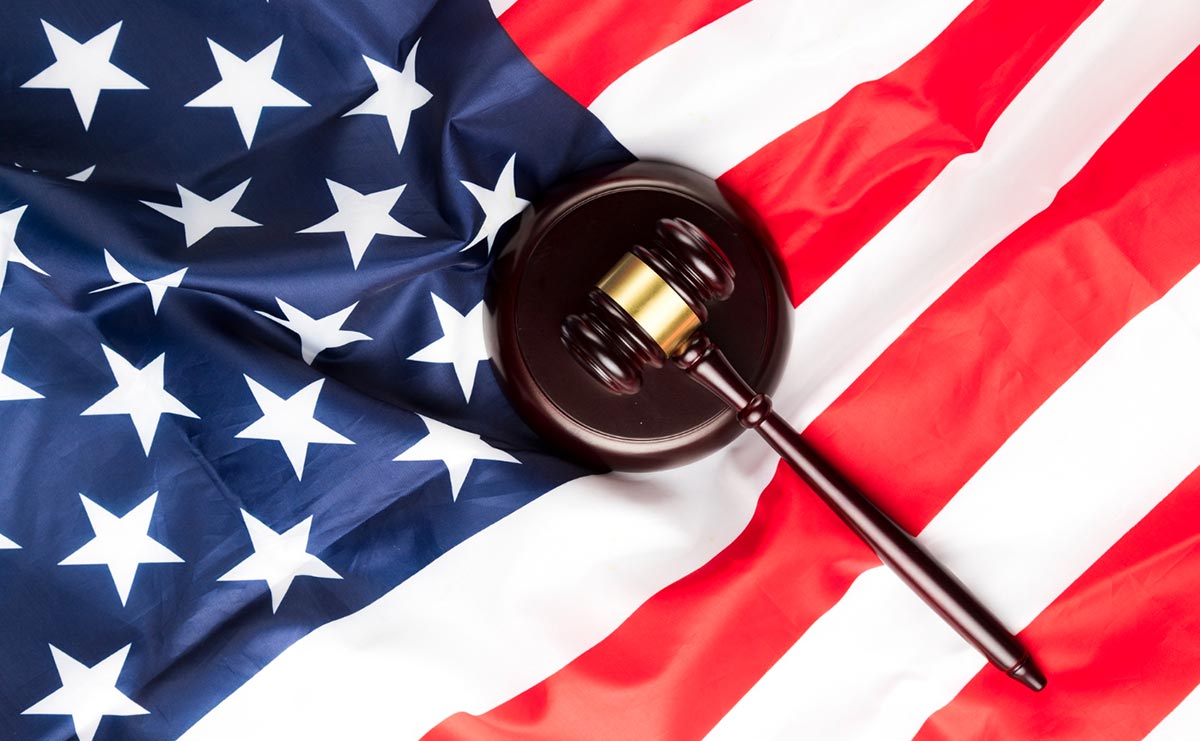Concealed Weapons
The term “concealed weapons” generally refers to weapons that are carried in a way that hides or conceals them from plain view. The specific laws and regulations regarding concealed weapons vary widely depending on the country, state, or jurisdiction.
Laws often define what constitutes a concealed weapon and may include firearms, knives, or other dangerous objects. Carrying a concealed weapon requires a specific permit or license in many places. These permits often involve background checks, training, and other qualifications.
Concealed carry laws are particularly relevant to firearms. Some places have strict regulations requiring individuals to obtain a concealed carry permit before carrying a concealed firearm in public. Even if carrying a concealed weapon is generally allowed, private property owners (businesses, malls, etc.) may have their own rules about weapons on their premises. Violating concealed carry laws can result in serious legal consequences, including fines, imprisonment, or the revocation of permits.
Individuals must be aware of and comply with the specific laws in their area regarding concealed weapons. Ignorance of the law is typically not a valid defense, so individuals are responsible for understanding and following the regulations that apply to them. Laws and regulations can change, so it is advisable to check with local law enforcement or legal professionals for the most up-to-date information on concealed carry laws in a specific area.
In Canada, the regulations regarding concealed weapons are strict, and carrying concealed weapons is generally prohibited. The possession and carrying of firearms are primarily governed by federal laws, with some additional regulations at the provincial and territorial levels.
The Criminal Code of Canada outlines offenses related to weapons, and carrying a concealed weapon without lawful excuse is a criminal offense. Lawful excuses may include:
- Having a valid firearms license for restricted or prohibited firearms.
- Carrying a weapon for a lawful profession or occupation.
- Engaging in a specific lawful activity, such as hunting or target shooting.
Laws regarding concealed weapons vary in the United States, as they are primarily regulated at the state level. Each state has its own set of regulations regarding who is eligible to carry a concealed weapon, what types of weapons can be carried, and the process for obtaining a concealed carry permit.
In some states, concealed carry permits are issued on a shall-issue basis, meaning that if an individual meets specific criterion (such as passing a background check and completing a safety course), the state is required to issue them a permit. Other states operate on a may-issue basis, where authorities have more discretion in issuing permits.
Some states do not require a permit to carry a concealed weapon. These are often referred to as constitutional carry states, where residents are allowed to carry concealed weapons without a license. Even with a concealed carry permit, there are generally places where carrying a concealed weapon is prohibited, such as federal buildings, schools, and private property where weapons are restricted. Individuals must be aware of and adhere to the specific laws in their state.
The United Kingdom has also strict gun control laws, and carrying concealed weapons by civilians is generally prohibited. In the UK, handguns are subject to particularly stringent regulations, and private ownership of semi-automatic and pump-action centerfire rifles is also restricted. The Firearms Act 1968 and subsequent amendments outline the legal framework for firearm possession and use in the UK.
While specific individuals, such as law enforcement officers and military personnel, may be authorized to carry firearms as part of their duties, the average citizen in the UK is not permitted to carry concealed weapons for personal protection.



